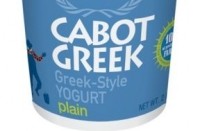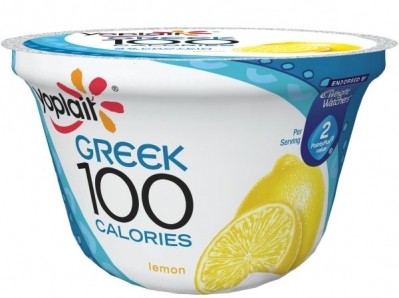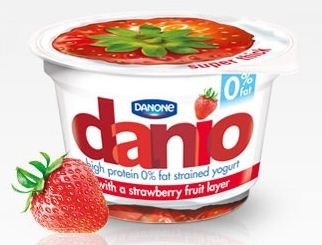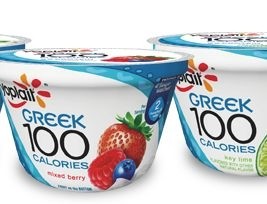Judge tosses yogurt identity lawsuit vs Yoplait Greek, but admits FDA position is not ‘a model of clarity’
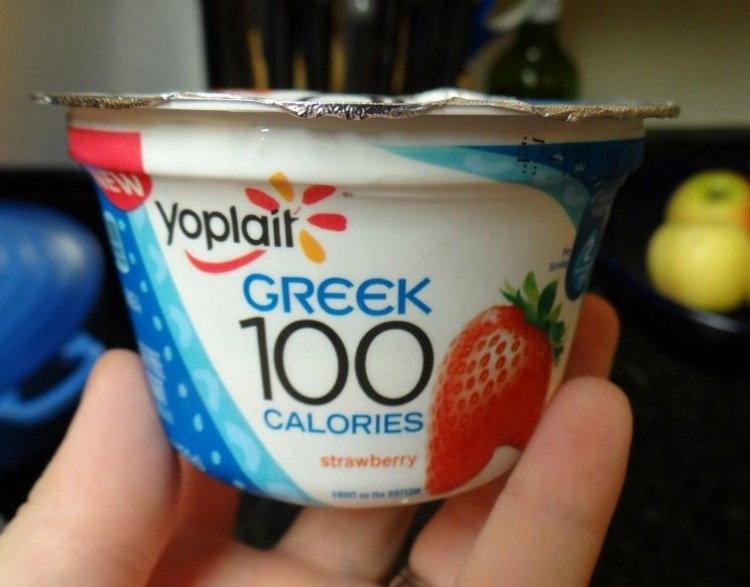
The lawsuit, filed by plaintiff Martin Taradejna in March 2012, is the first of three class action lawsuits filed this year targeting yogurt makers (General Mills, Agri-Mark/Cabot and Dannon) over their used of milk and/or whey protein concentrates to thicken yogurt.
Taradejna argues that Yoplait Greek is misbranded because MPC (milk protein concentrate) does not feature on a list of ingredients permitted in yogurt as laid out by the FDA in a 1981 standard of identity.
By using MPCs, he says, General Mills has been able to avoid the expense of using a traditional straining process for making Greek yogurt. But as a result, he alleges, Yoplait Greek is “neither yogurt, nor Greek”.
Judge: FDA statements on yogurt standards ‘do not constitute a model of clarity’
However, ruling on the case on Monday, US District Judge Susan Richard Nelson said that after the FDA issued its 1981 standard and proposed (in 1982) to limit the use of other optional ingredients including MPCs in yogurts, “the language regarding ‘other optional ingredients’ was stayed, and the limitation, while published, was not put into effect.”
Meanwhile, in a publicly-available response to a question raised at a 2004 milk seminar asking whether milk and whey protein concentrates can be used in yogurt, the FDA said ‘Yes’, she noted.
Finally, in 2009, the FDA issued a Proposed Rule which would allow for modifications to the 1981 standard, including “the use of reconstituted milk and whey protein concentrate as standard dairy ingredients”, she added, although the FDA has not yet held a public hearing to discuss it.
However, she also acknowledged that the current standard of identity, the stayed 1982 limitations, the FDA’s subsequent public statements about the standard, and the 2009 Proposed Rule “do not constitute a model of clarity”.
FDA is in the best position to resolve any ambiguity
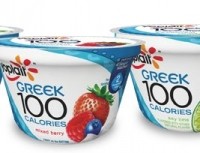
Nevertheless, the FDA “is in the best position to resolve any ambiguity about the standard of identity for yogurt”, she concluded.
“Moreover, given that the FDA has issued its 2009 Proposed Rule on the standard of identity for yogurt, it would be imprudent for the Court, at this juncture, to substitute its judgment for that of the Agency’s while revision of the standard of identity is pending.”
Finally, given that this is not the only lawsuit specifically addressing this issue, the FDA’s “unique role in ensuring such consistency and uniformity is particularly significant here”, she added.
“The increasing volume of this litigation creates the potential for inconsistent judicial rulings. This underscores the importance of promoting uniformity by referral of this matter to the FDA.
“Finding that the primary jurisdiction doctrine is applicable here, the Court grants Defendants’ motion in part, dismisses this case without prejudice, and directs the parties to initiate the proper proceedings with the FDA.”
Attorney: Another blow on the basis of preemption has been struck for food companies
Justin Prochnow, an attorney based in the Denver office of law firm Greenberg Traurig, said Tuesday that “another blow on the basis of preemption was struck for food companies yesterday”.
He added: “Preemption, depending on the nature of the claims, continues to be one of the most successful avenues used for dismissal of claims.”
Dannon: The idea that consumers have been deceived is absolutely not the case
The Yoplait case is the third high-profile case to be filed this year to question whether a product meets the legal standard of identity for yogurt in the US.
The most recent complaint - filed in New York against Dannon over its Activia yogurts on September 11 - follows a similar lawsuit filed in August against Cabot, and was dismissed by Dannon as “poorly informed and frivolous”.
A Dannon spokesman said: “Food companies have been adding MPC under the direction of the FDA since 1982.”
He added: "MPCs have been widely used - and widely stated as being used on pack - so the idea that consumers have been deceived is absolutely not the case."
FDA: We're working on a final rule...
An FDA spokesman said: "FDA has not yet issued a final rule. The agency has received many comments on the proposed rule and will take them into consideration in preparing the final rule."
The lawsuits against Agri-Mark/Cabot and Dannon were both filed by legal firm Bursor & Fisher, while the complaint against General Mills was filed by Faruqi & Faruqi.
